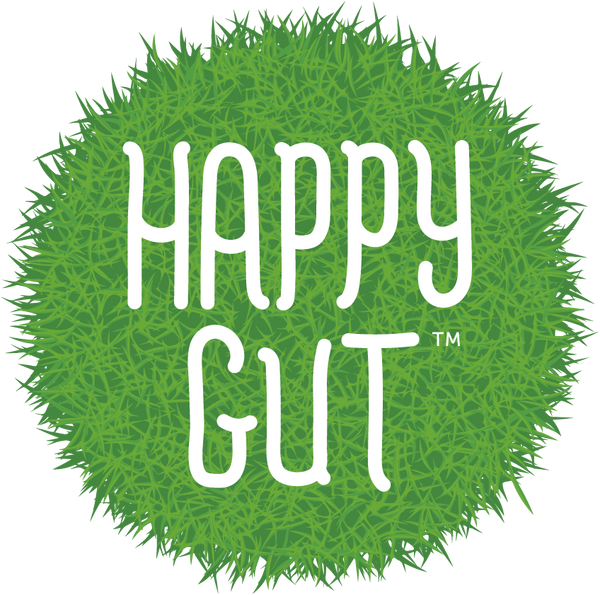
Your Relationship With Your Gut
Share
Your relationship with your gut and your gut health is more important for your health and well-being than you may realize. Deep in your gut, fungi, bacteria, and other single-celled organisms are hard at work helping you digest your meals, making essential nutrients and protecting you from disease. These microbes also play a critical role in shaping your appetite, allergies, metabolism, and neurological function. In fact, scientists have found that gut bacteria produce neurotransmitters, such as serotonin, dopamine, and GABA, all of which play a key role in determining your mood.
GOOD BACTERIA | BAD BACTERIA
When it comes to the bacteria in your gut, every time you eat, you are feeding these microbes. Unfortunately, the modern industrialized diet is all too often feeding the bad guys and starving the good. A diet high in sugar, unhealthy fat, and processed food can feed the very kinds of flora that will cause gas, discomfort, bloating, and chronic inflammation. When your body doesn’t have enough good bacteria, bad bacteria thrives.
PROBIOTICS
The word probiotic comes from the Greek words “support of life”. Probiotics are the good microbes inside your gastrointestinal tract. They aid in digestion and keep your tummy happy. Like all living things, probiotics must be fed in order to remain active and vibrant.
If you want to nurture good bacteria in your gut, eat lots of whole plant foods – especially fruits, vegetables, legumes, whole grains and a cross section of fermented foods which will make your microbiome thrive and boost your immunity.
IS YOUR GUT IN TROUBLE?
These can be signs of a gut bacteria imbalance: autoimmune problems, such as thyroid issues, rheumatoid arthritis, diabetes and digestive issues, such as irritable bowel syndrome, constipation, diarrhea, heartburn or bloating. Gut imbalance can also show up in chronic fatigue symptoms.
LOVE YOUR GUT
Think of your gut as not being yours alone but as a community of trillions of microbes that can tell you what’s good for you, let you know when you’re hungry and affect your cognitive skills and mood.
When you’re in a symbiotic relationship with this community of bacteria microbes inside you, you can feel good about feeding it well. You can feel gratitude for how the good bacteria helps you digest food, secrete brain-boosting neurotransmitters, and protect you from harm. When you pay attention and work with your gut, you feed your gut well and your gut takes care of you.
Welcome to a new relationship with your gut.
